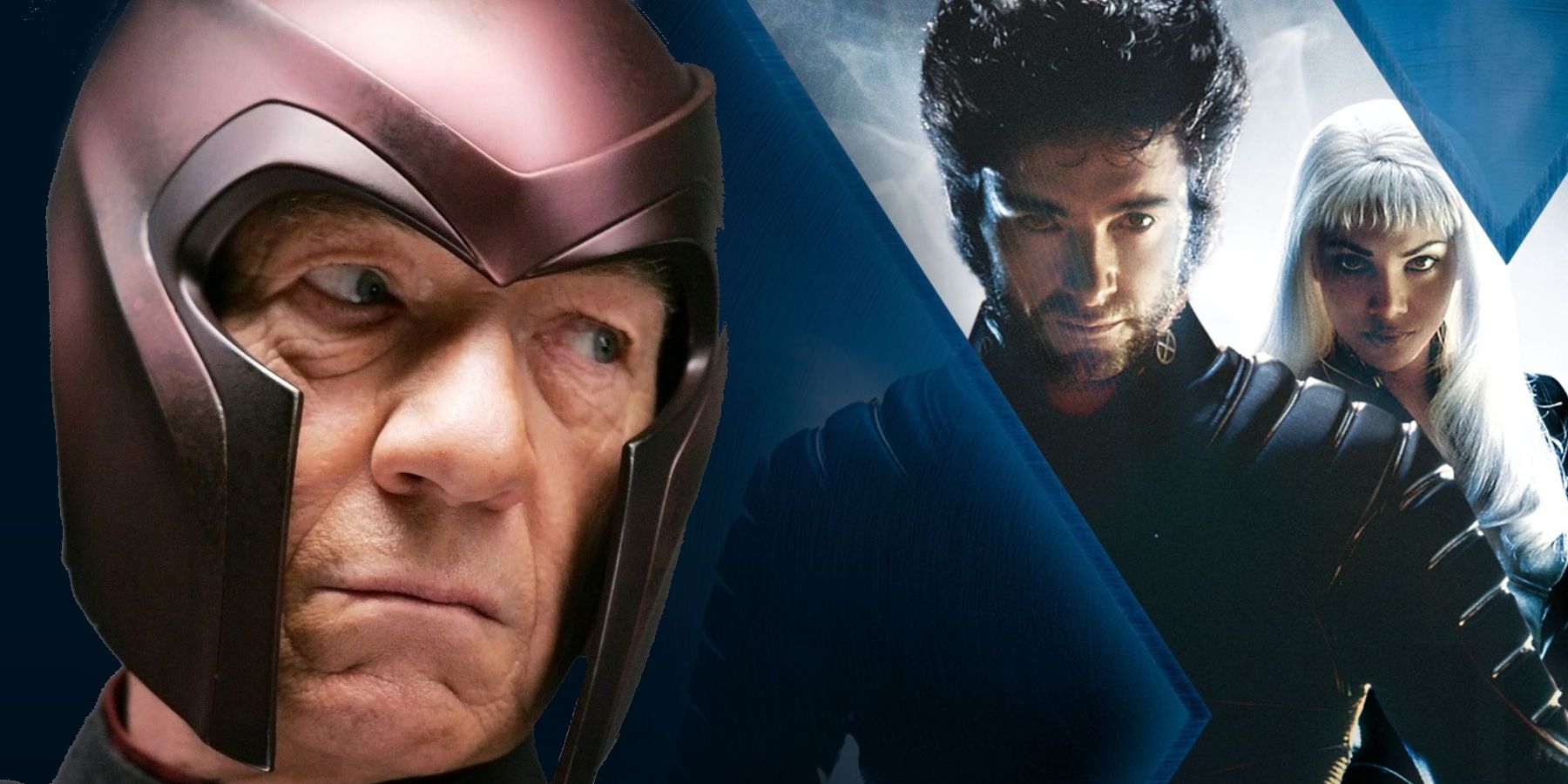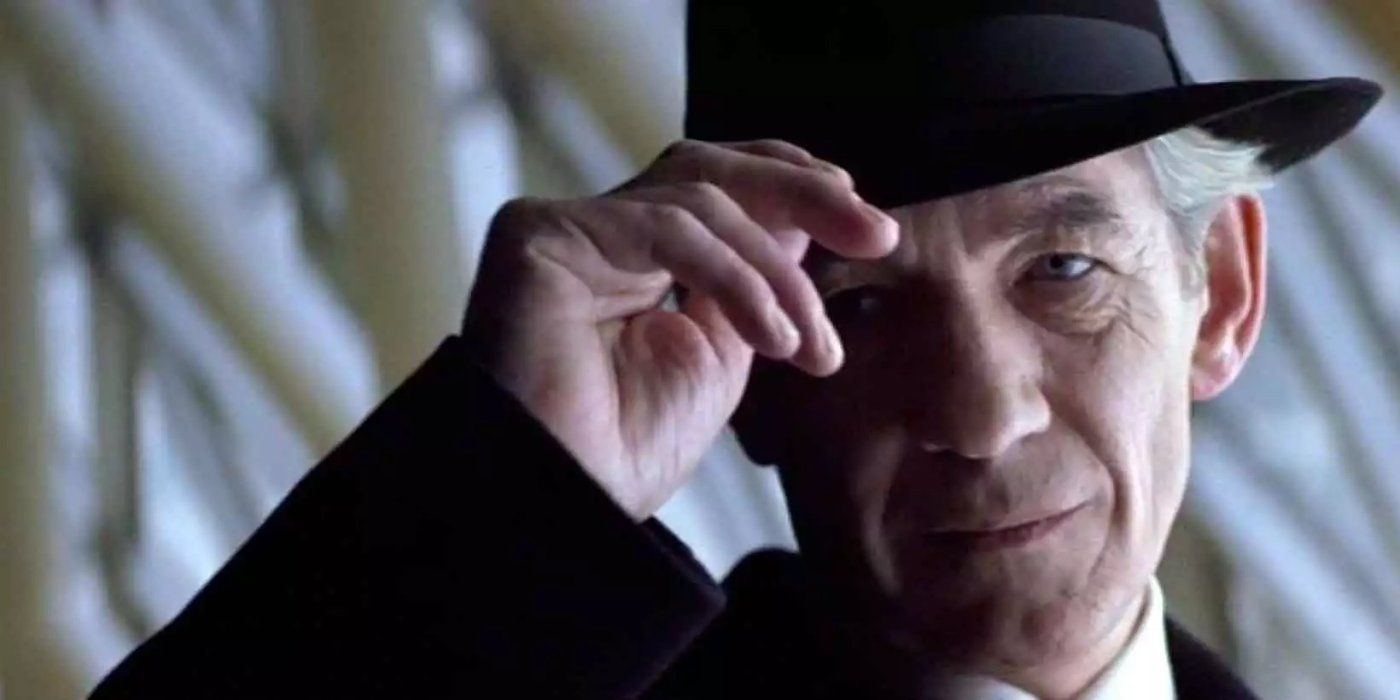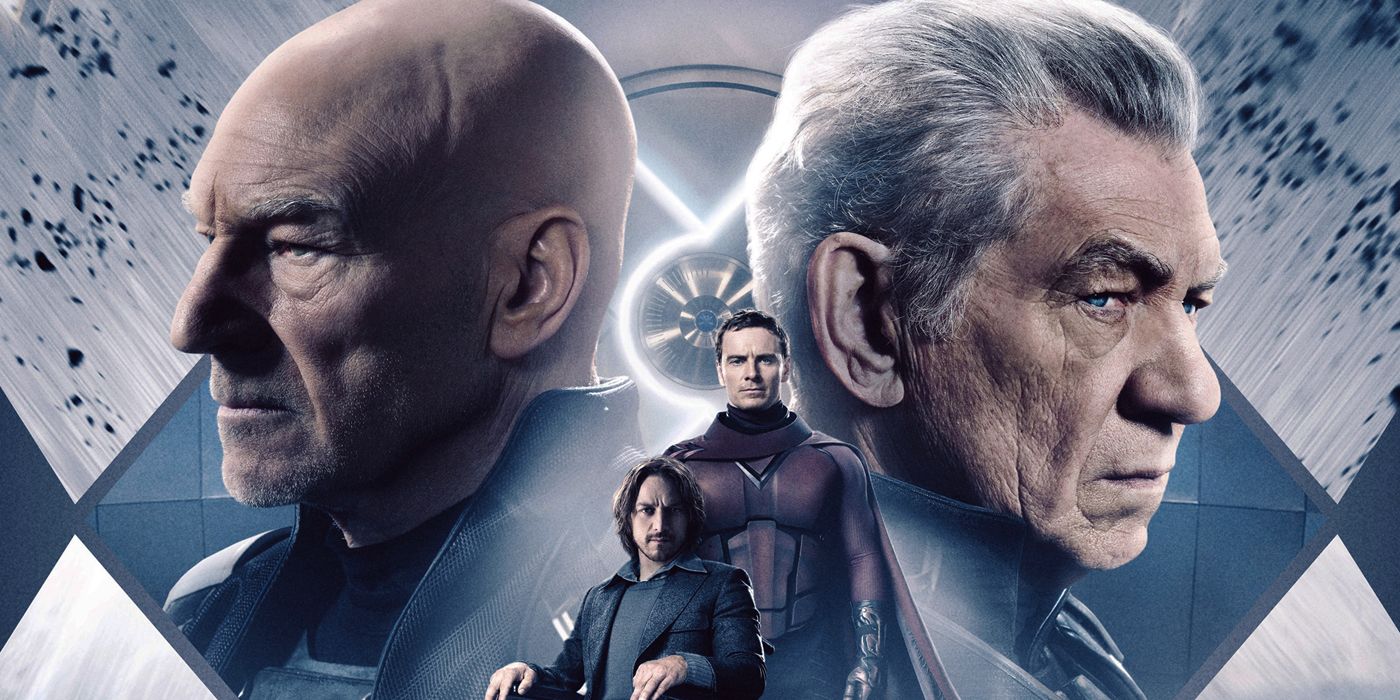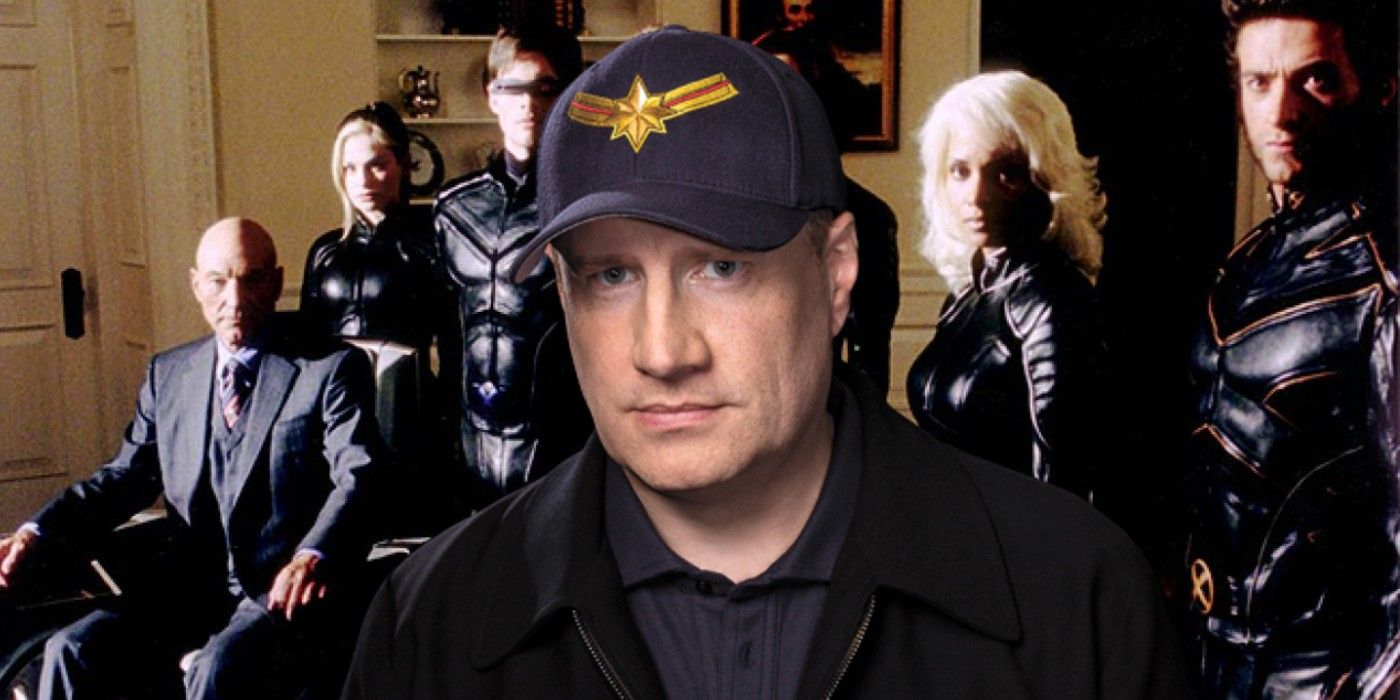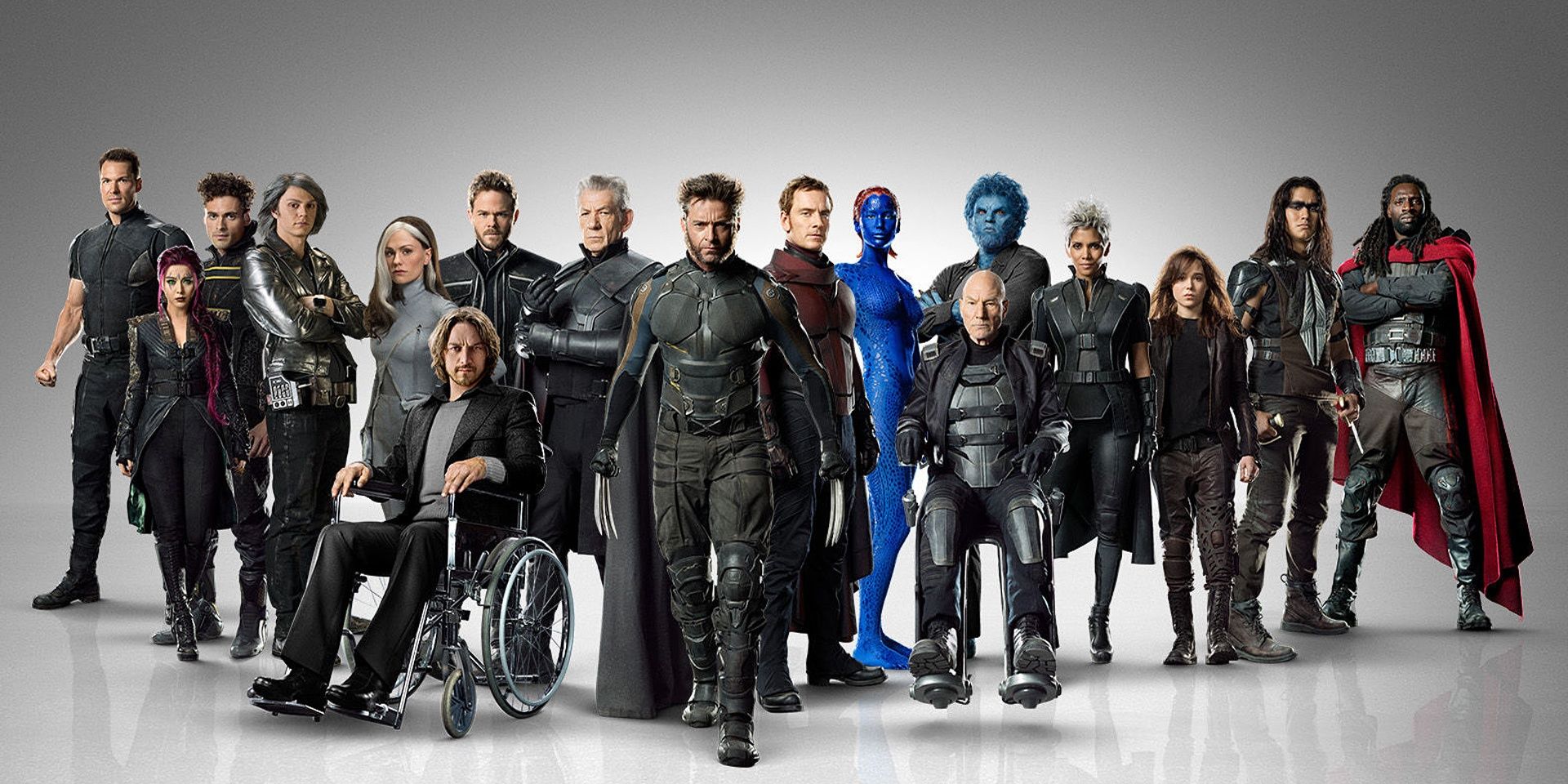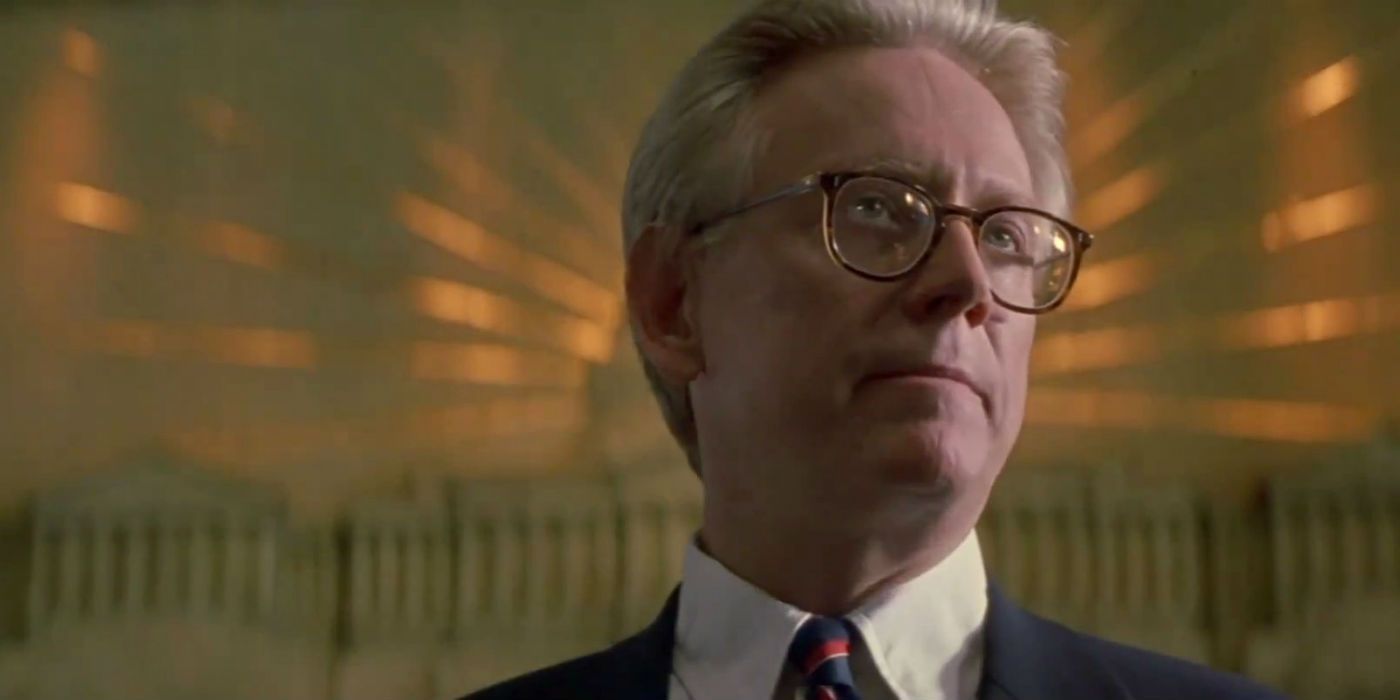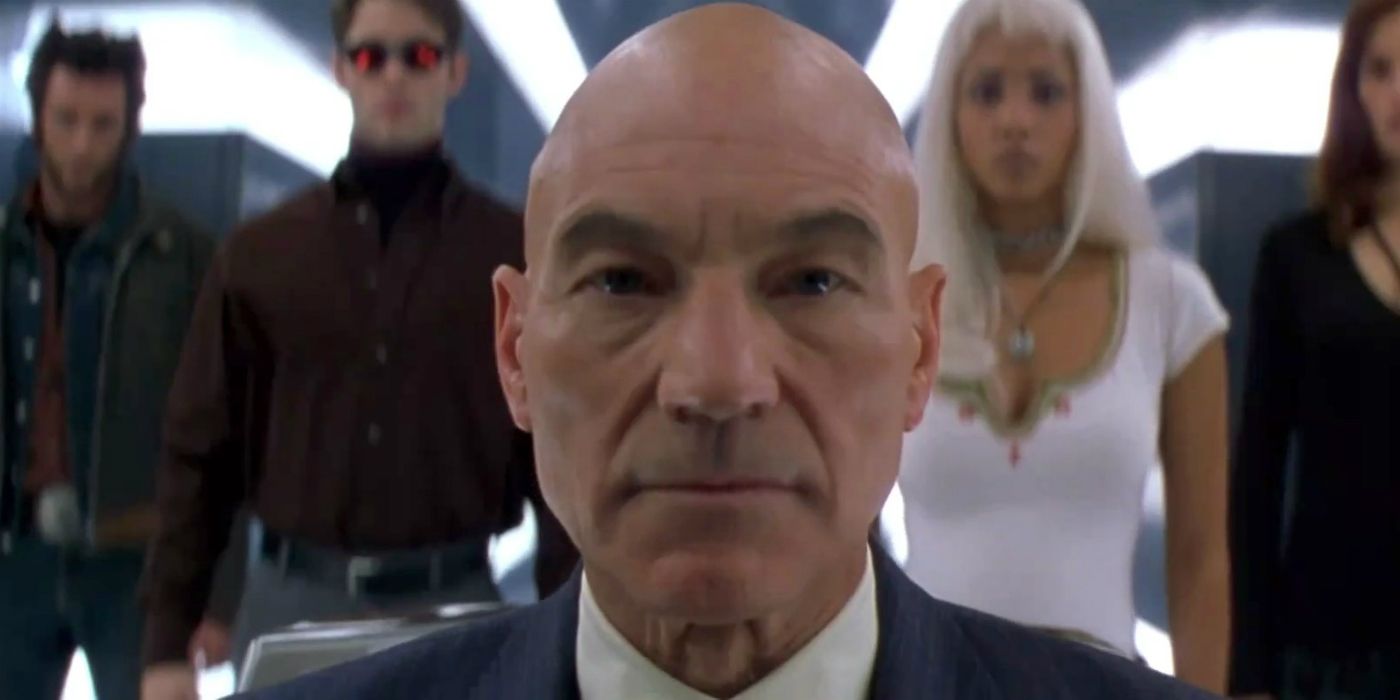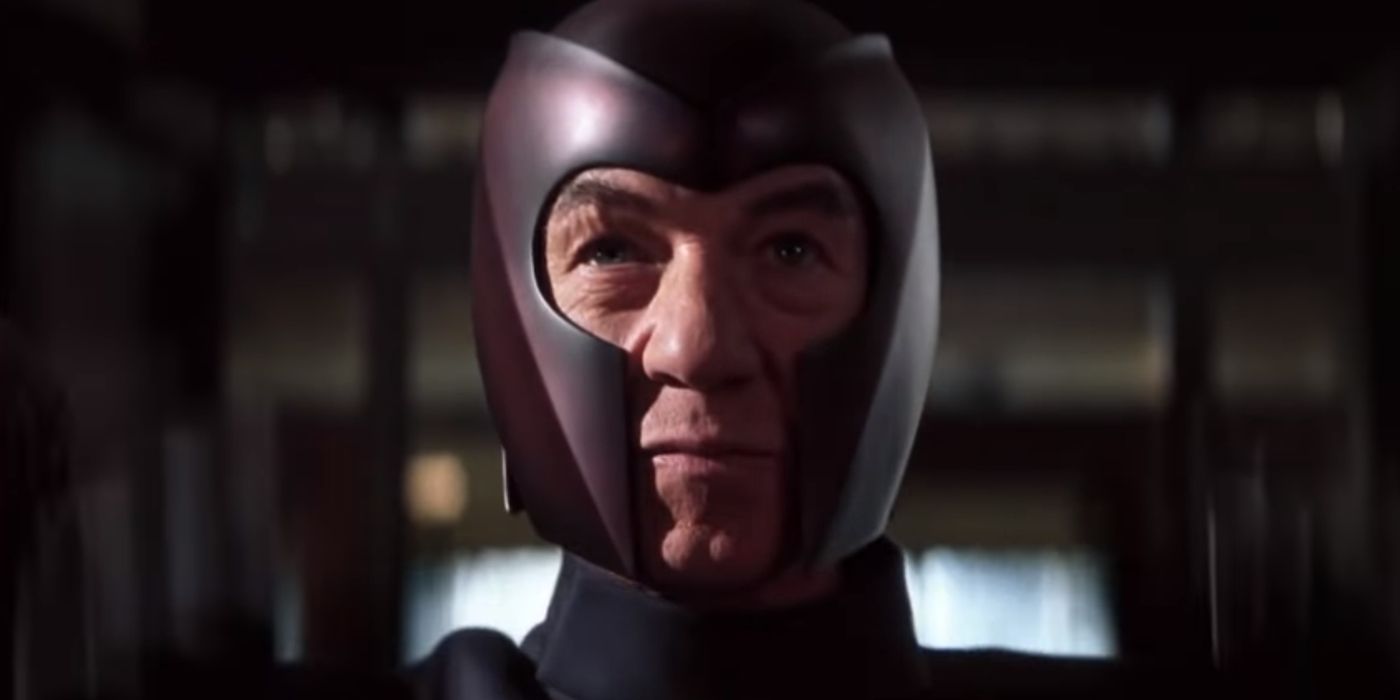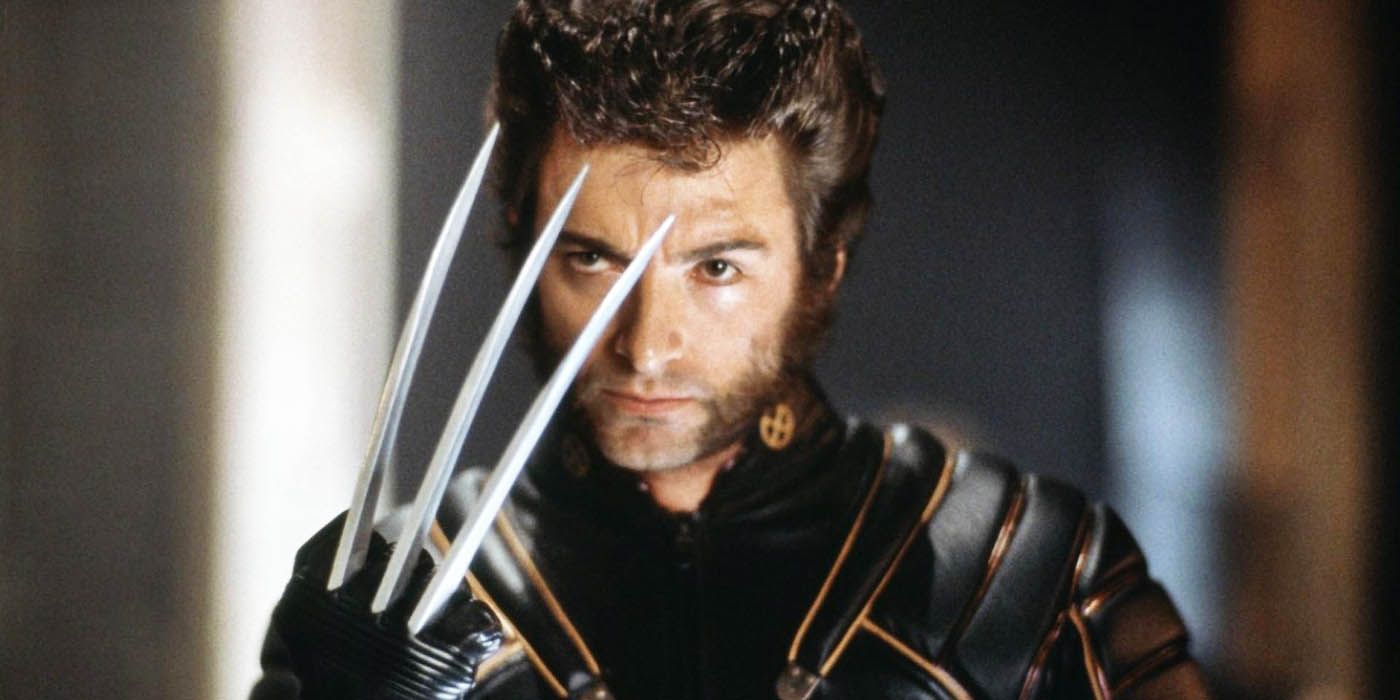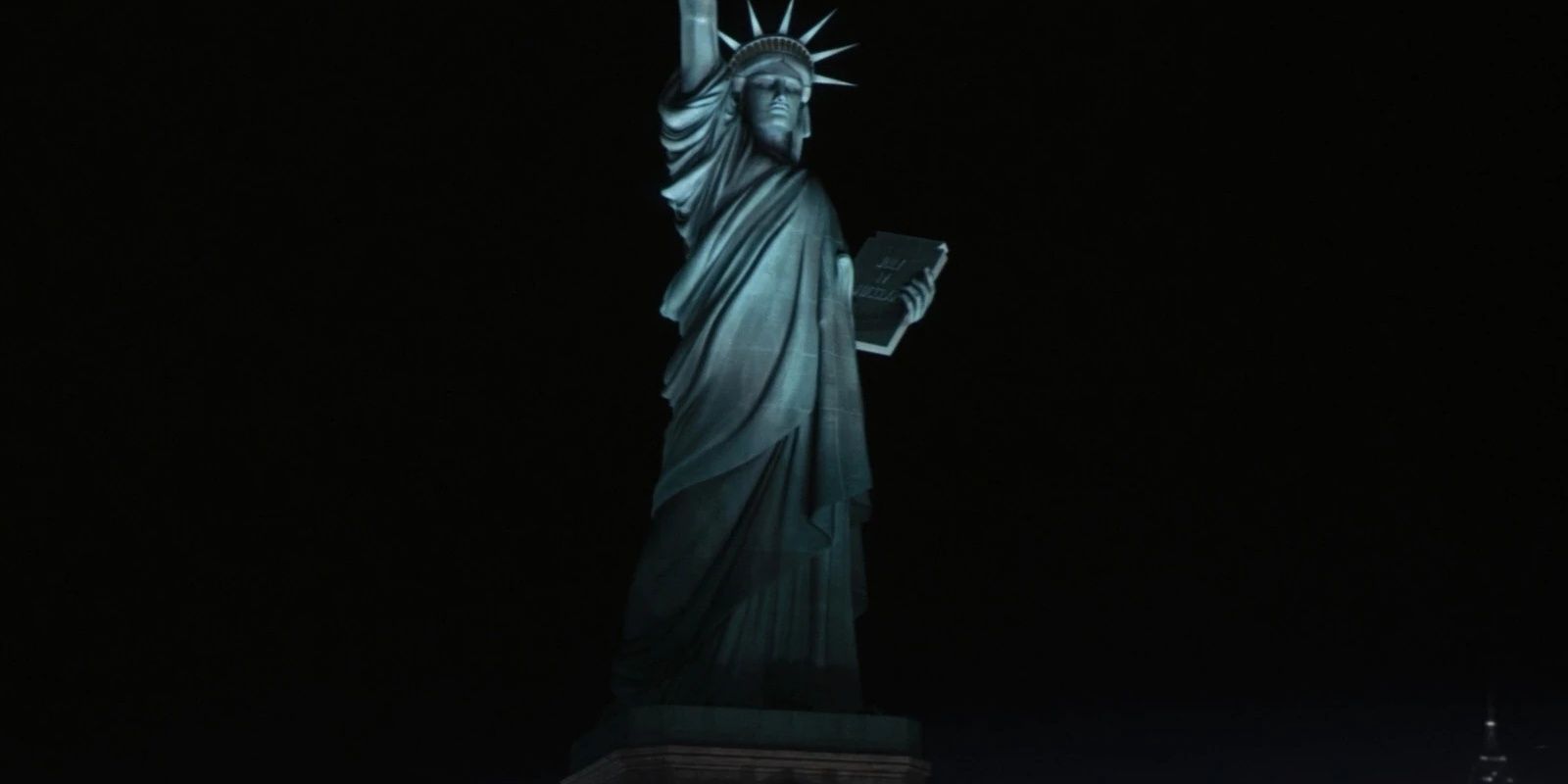2000's X-Men is a film largely credited with kicking off the superhero film adoration that has overtaken Hollywood over the last two decades. As the first film in Fox's franchise revolving around Marvel's mutants and the inspiration behind many future films within the superhero genre, X-Men has earned its place in the cinematic hall of fame.
Though the title remains popular to this day, years are often not kind on comic book films, leading them to age quite poorly over time. X-Men, however, largely avoids this problem and has aged remarkably well given the fact that the film is now over twenty years old.
Magneto's Origin
Magneto may be the greatest enemy of the X-Men, but one can't help but understand his goals. The film opens with a flashback to the mutant's childhood, when he was held in a concentration camp. In a powerful opening, the audience is immediately meant to sympathize with the young Erik's plight, which would inform the rest of his life.
Having already suffered from the pains of being systematically abused and subjugated based on who he was, Erik is unwilling to allow his mutanthood to similarly be persecuted, instead choosing to take matters into his own hands before humans can act first. Though his actions are misguided, Erik's motivations remain just as tragic today as they were twenty years ago, making for a timeless origin to one of the greatest comic book villains of all time.
Charles and Erik's Friendship
Part of what makes the dynamic between the X-Men and the Brotherhood so interesting in Fox's franchise is the turbulent friendship between the two teams' respective leaders. Charles and Erik are shown to have some semblance of a friendship and even respect one another despite their harsh disagreements.
This friendship would be a central theme in later X-Men films, specifically the prequel franchise that would depict the start of their relationship. More importantly, the camaraderie between Professor X and Magneto makes their struggle all the more personal, giving them each something to fight for.
Kevin Feige
A familiar name pops up in the credits of X-Men, though not yet bearing the title that fans would come to expect. X-Men was indeed a film credit for future Marvel Studios president Kevin Feige, the man behind the mega-franchise known as the Marvel Cinematic Universe.
Feige is credited in this film as an associate producer, a role from which he would quickly graduate as he climbed the ranks at Marvel. Kevin Feige's name is certainly one that this film benefits from being attached to and proves to be one of the producer's very best pre-MCU films.
Franchising
At the time of X-Men's release, superhero films were far from the box office juggernauts that they would become. It was rare that a film in the genre received much attention at all, especially under the Marvel banner. Nevertheless, this film took the bold direction of leaving space for sequels, which would grow into a long and successful franchise.
The filmmakers behind X-Men had little reason to believe that a sequel would ever be made of their film. Other than the success of Blade several years earlier, few Marvel films had truly resonated with audiences. Their gambit paid off, however, as the first film's success did lead to a sequel, which garnered even more praise than the original. Though the franchise that extended from this success had its highs and lows, it undoubtedly remains a landmark in superhero filmmaking.
A World In Fear
Much of this first X-Men film revolves around how the world reacts to mutants. There seems to be an element of fear surrounding the subject, as governments debate what should be done about the growing mutant population, with fuel added to the fire by the vindictive Senator Robert Kelly.
Fear as the political and societal reaction to mutantkind fits in well with what many have experienced in world history, even to this day. The resolve to uncover and control mutants stems directly from Joe McCarthy's Red Scare of the 1950s and even has some parallels to today's world, though certainly not as direct.
Charles Xavier
There have been few actors who fit a superhero role as perfectly as Sir Patrick Stewart does Professor Charles Xavier. In the first film, the professor and leader of the X-Men is presented as a caring and loving mentor, though there are hints at secrets the man keeps that will come back to bite him as the years progress.
With the combination of Stewart's brilliant acting and the minds behind Xavier's characterization, X-Men depicts Professor X as a surprisingly nuanced character in a way that few superheroes are in comic book films. This version of the character has been so beloved over the years that he is expected to return later this year in Doctor Strange in the Multiverse of Madness as a member of the multiversal Illuminati.
The Filmmaking In The Attack On The Train Station
In a turn of events, Magneto and his Brotherhood of Mutants attack the train station where Wolverine has gone to retrieve Rogue after she ran away. As the sequence unfolds, the X-Men learn that Erik is after Rogue, not Wolverine, and they end up in a tense standoff when the metal-bending mutant holds dozens of cops hostage with their own guns.
This scene is indicative of just how impressive the filmmaking behind X-Men really was. In a time when CGI and giant set pieces couldn't always be relied upon, a scene was crafted where little action was necessary, yet the tension still fills the air. Amidst the events of the battle, the audience also gets a glimpse of the relationship between Erik and Charles, an aspect of the characters that would drive much of the plot of later films in the franchise.
Hugh Jackman
It might be hard to believe today, but there was quite a bit of pushback when it was announced that Hugh Jackman had been cast in the role of Wolverine. He proves himself quite quickly in the first film, however, almost immediately establishing himself as an integral and beloved aspect of the franchise.
Jackman combines an unparalleled toughness with hidden vulnerability in his portrayal of Logan, creating a concoction of a character that comic fans would come to adore over the decades. He would go on to appear as Wolverine until 2019's Logan, though many fans still hope he could return in some capacity in the upcoming Doctor Strange in the Multiverse of Madness, which will seemingly include certain Fox X-Men.
The Statue Of Liberty Fight
Eventually, both the X-Men and the Brotherhood of Mutants find themselves battling each other in the Statue of Liberty as the former team attempts to stop Magento's plan to turn the world leaders at the UN summit nearby into mutants. In a long and tenuous third-act fight, the X-Men eventually prove victorious.
Though devoid of the glamor of more modern-day final fights in superhero films, that fight at the Statue of Liberty still proves to be iconic as it puts its heroes to the test. Each must take on their own enemy, who pushes them to their limit in order to succeed. Additionally, the setting itself proves to be quite the fantastic set piece for a battle, which was utilized again in the finale of Spider-Man: No Way Home as one of the more interesting locations in the MCU's Phase 4.
Social Issues
Much of the original X-Men films rely on the narrative thread involving mutant relations with humankind. While later installments would expand on this issue, the first film perfectly set up the political allusions that the franchise would have when it comes to different social groups.
Though political messages in films are often rejected by moviegoing audiences for coming off as "preachy" or "out of touch," X-Men doesn't seem to suffer from this same fatal flaw. The political undertones are so heartfelt and baked into the storyline dating all the way to the comics, which premiered in the heat of the Civil Right Movement, that its message still rings true to this very day.

